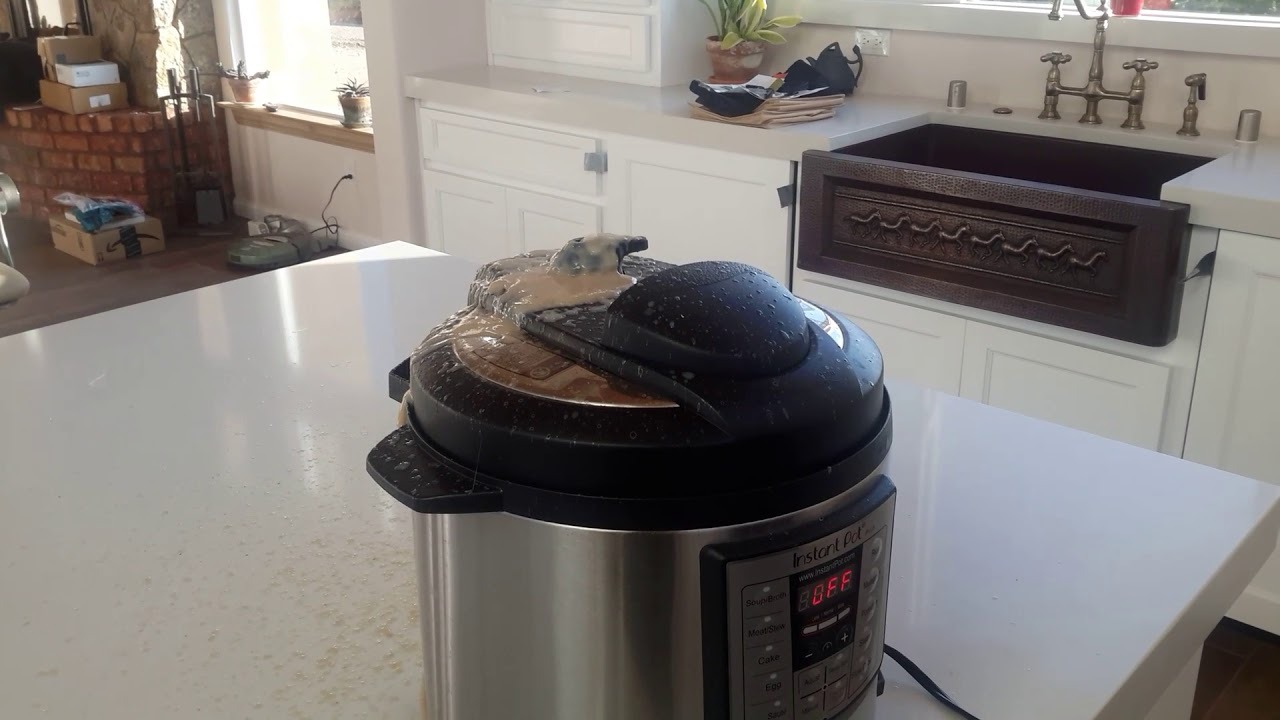
As if the November 2018 elections are not already contentious, Massachusetts is facing a vote that could rescind protections of transgender individuals which would invariably set the precedent for other states to follow.
Voters will be asked in the elections on Tuesday, Nov. 6, to uphold or repeal anti-discrimination protections for transgender people residing in the state. The bill was signed into law by Massachusetts Governor Charlie Baker in 2016.
It outlines the state to uphold civil rights statutes under Title IX, to protect transgender people in public spaces. This includes restrooms, restaurants, stores, medical office and locker rooms.
Question 3 is the proposed measure that will ask voters in the state to choose whether to uphold or upend the 2016 bill with a yes or no vote. Activists in pursuit of repealing the law only needed 32,375 signatures to get the measure on the ballot for this November.
Anti-transgender organizers have been making grave efforts to skew the minds of voters in favor of voting no on Question 3. A campaign, led by a group called Keep MA Safe, and Massachusetts Family Institute, a Christian public policy organization, released a campaign video, titled “Creeper.” encourages voters to choose “no” for Question 3 the polls.
The video depicts a cis-gender man sneaking into a woman’s locker room, ready to attack a woman as she undresses. The ending states, “This bathroom bill puts our privacy and safety at risk; it goes too far.”
Messages like this indicate transgender women are only men in disguise; it reinforces dangerous stereotypes about ‘transgender’ as an inauthentic identity.
Kasey Suffredini, president of strategy for an LGBTQ advocacy group, Freedom for All Americans, said voting “no” on Question 3 perpetuates harmful lies about public safety. “The ‘No’ side claims that providing basic protections for transgender people reduces safety, but the facts disprove this,” she said.
Statistical data, since Massachusetts enacted its protections for trans individuals in 2016, has not affected public safety. “It’s illegal to harass anyone in a public place,” Suffredini said. “And this nondiscrimination law doesn’t change that. That’s why there’s been no uptick in safety incidents in the two years since this law was passed.”
With ambiguous language, it could be difficult for voters to know exactly what they are voting for. A “yes” vote typically means to make some sort of new change or amendment, while a “no” vote means a vote against the change.
Question 3 is the opposite; yes means to uphold the 2016 law, while no means to disapprove it. Misled voters could be the determining factor in which other states may follow suit and rescind protections for transgender folks across the nation.
Boston’s public radio station, WBUR, conducted a poll within its circle of listeners. Nearly 71 percent of respondents said they would vote “yes” on Question 3, but when clarified with the definition of a yes or no vote, 40 percent of the “no” voters changed their response.
Chase Strangio, transgender rights activist and staff attorney for the American Civil Liberties Union, echo the major concern about Question 3. “I truly believe that this is one of the most pivotal moments in the trans legal, political movement of this decade,” he said.
Transgender individuals already face incredulous bigotry in society. Voting “no” on Question 3 would further contribute to public ignorance about the already marginalized group.
In 2013, a survey found that 65 percent of trans people living in Massachusetts experienced discrimination within the previous 12 months. In particular, trans women and trans people of color are at the highest risk of violence and discrimination.
“If we lose in Massachusetts and the protections are repealed,” Strangio said, “It will send a message to lawmakers across the country that trans people are unworthy of legal protection and animate new fights to restrict our access to public space.”





